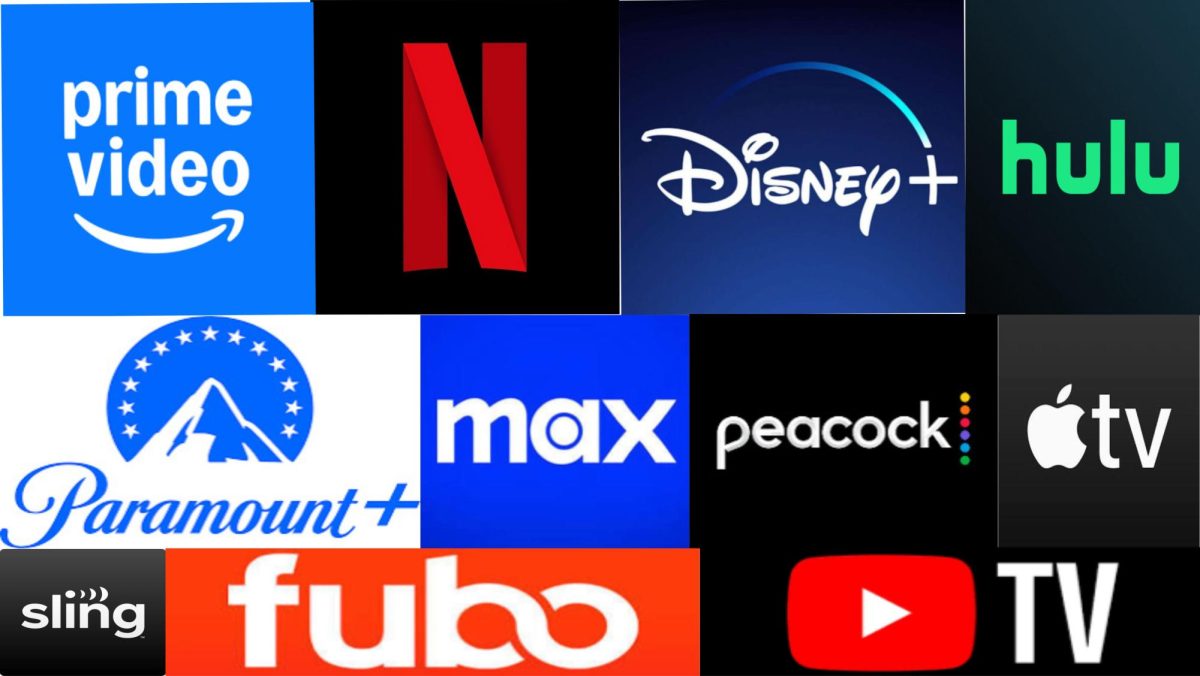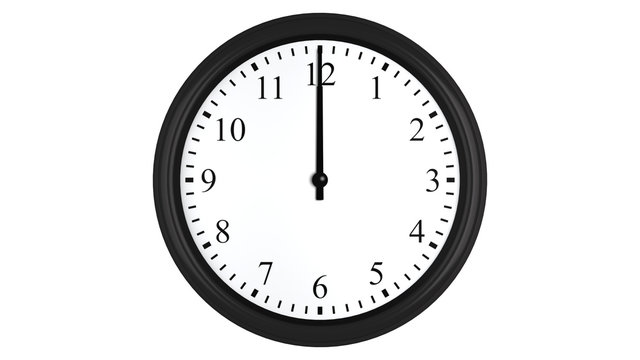For the millions of people who use the Internet every day, privacy may no longer be guaranteed if the Cyber Intelligence Sharing and Protection Act (CISPA) becomes law.
Passed by the House of Representatives on April 26, the controversial CISPA allows for the sharing of Internet traffic information between the U.S. government and certain manufacturing and technology companies like Facebook. The stated aim of the bill is to help the U.S. government investigate cyber threats and ensure the security of networks against cyber attacks.
While the aims of the bill are admirable, the extreme lengths it goes to to ensure this security is invasive. The bill has riled up heated opposition from Reddit founder Alexis Ohanian to GOP Presidential candidate Ron Paul, who are speaking out to preserve what little privacy is left on the Internet.
According to an April 25 Huffington Post article, the bill is currently in the U.S. Senate and will require significant modifications if the law is to be signed by the President, who has already issued a veto threat.
While national legislature is so frequently passed without the notice of high school students, the potential repercussions of this bill becoming a law demand the national spotlight.
Although bills are already in place to preserve privacy, such as the Wiretap Act and Electronic Communications Privacy Act, CISPA would still be too invasive.
In simpler terms, CISPA can be likened to the Watergate scandal. Instead of wiretapping the Democratic National Headquarters, CISPA taps the Internet traffic of the entire country.
After all, limited freedom in exchange for protection is a key tenet of “the social contract,” a philosophical idea that requires the erosion of privacy rights in exchange for protection by the government.
However, Locke and Hobbes certainly did not intend for their idea of a social contract to be taken to this extent. It is our duty to resist laws that we feel are unjust and in violation of our social contract. As enthusiastic and passionate high school students, we have an even greater responsibility to resist.
According to an April 26 article on the ACLU website, numerous protests have already been staged against the bill. The American Civil Liberties Union (ACLU) issued an anti-CISPA and pro-privacy statement following the vote in the House.
According to ACLU legislative counsel Michelle Richardson, cyber security does not have to coincide with an infringement on privacy. It can be difficult for the government to restrain itself once it receives expansive national security authority.
Respond to this bill by protesting, writing letters to Maryland’s Senate delegates or starting a petition. This is a cause that is worth making a fuss over, because your privacy is on the line.







